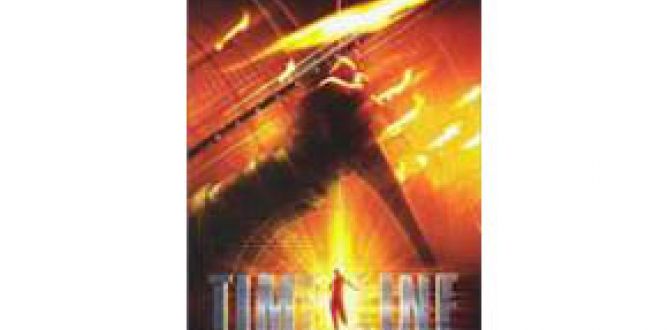Timeline Parent Guide
Parent Movie Review
Kate Erickson (Frances O’Connor) assumes she is working on a traditional search for medieval artifacts. Delicately digging and brushing away the ancient French soil, her greatest concern is Chris (Paul Walker), son of Professor Edward Johnson (Billy Connolly), leader of the excavation. Although Chris has joined the crew, it is obvious his interest isn’t history when he begs the female archeologist to drop her tools and pick up with him instead. But everything changes after a centuries-old scroll is discovered bearing a message from the Professor.
How could Chris’s father (believed to be in the United States on business) possibly have signed the desperate note found in the underground chamber sealed for six hundred years? Eager to find some plausible explanation, Chris, Kate and several of their colleagues cross the ocean to talk to Robert Doniger (David Thewlis), head of the International Technology Corporation (ITC), and financier of their archeological exploration.
At first evasive, ITC’s bigwig eventually blurts out the most implausible explanation imaginable. Escorting them into a lab, the group is shown what was supposed to be the world’s first 3D fax machine. Instead, the technologists accidentally created a device capable of transporting objects and people into 14th century France. Before anyone has a chance to marvel, ITC employees bustle them into a dressing room, clothe them in medieval garb, and push them on board the time machine to rescue the stranded Professor Johnston.
Confused and dazed, the seven volunteers (or volunteered) are on their way… and they aren’t the only ones with unanswered questions. If this top-secret project is so hush-hush, why did ITC tell them all about it? Why have they been zipping their people back and forth in this thing like they’re taking the red-eye from New York to LA? Why are the medallions they are given to bring them home only good for six hours? Wouldn’t it be safer to send a smaller company on such a covert mission? Why is everyone treating such an amazing invention with as much enthusiasm as a fax machine?
Don’t expect to find any enlightenment on those points—that is not the focus of the script. Instead, the movie revolves around the casts’ unfortunate timing, as they arrive on the day of a decisive bloody battle between France and Britain. Wallowing in warfare, the movie depicts death and injury by sword, ax and arrow almost from beginning to end—along with an assortment of profanities. What it accomplishes best is portraying a world in which killing is done without thought or conscience.
What it does poorly is building believability. Based on a novel by Michael Crichton, (the author of Jurassic Park), the weak performances don’t help hide the plot holes and standard formula construction including characters being picked off one at a time, flaws revealed in the miracle machine’s capabilities, and the inevitable bad guy getting his comeuppance.
The machine itself appears to be not much more than smoke and mirrors. Likewise, this movie offers a mediocre medieval adventure, but not one that you’ll remember for centuries to come.
Theatrical release November 25, 2003. Updated July 17, 2017Timeline Parents' Guide
Usually time travel stories where characters go into the past dwell on how history would be transformed if anything was changed. In Timeline this concept is just briefly mentioned, yet considering how many people the travelers killed, how might that effect the present 600 years later?
The concept of time travel seems almost trivial in this film. In reality, how much attention would the discovery of time travel attract? How might be change the world? What good things could be accomplished, if any?

